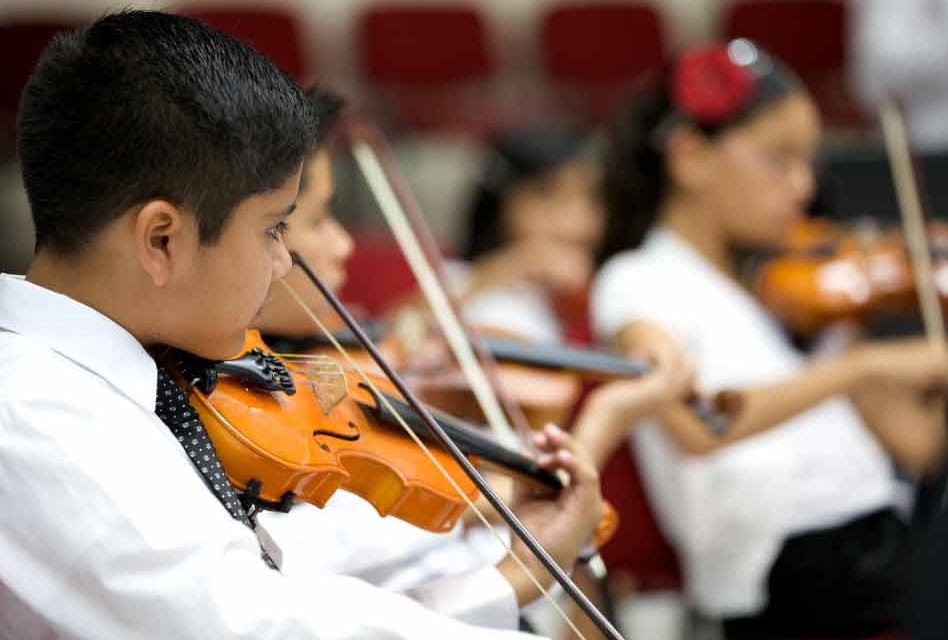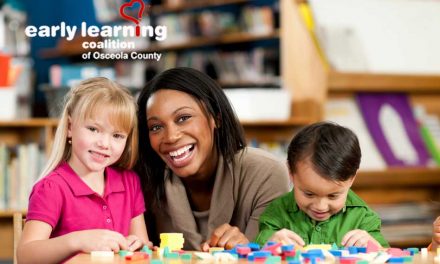There is little doubt that the COVID-1 pandemic has impacted our nation and the world in ways we never could have imagined, and that unfortunately includes economically, and educationally for young students.
Even short-term bouts of poverty and economic hardship may be associated with fewer opportunities to excel in and out of school, including less involvement in extracurricular activities such as sports or music.
According to the Survey of Income and Program Participation, they use three measures from the child well-being section of the survey: whether a child is in a gifted class, plays a sport, or takes lessons, such as music or dance.
They show results for two age groups: 6- to 11-year-olds and 12- to 17-year-olds, since the transition from elementary, to middle, to high school presents varying opportunities for extracurricular activities and gifted programs.
In both age groups (6 to 11 and 12 to 17), children in poverty only some months were more likely to be in a gifted program than children in poverty all months in the previous year.
This research suggests that children who experience temporary spells of poverty, like those families who are experiencing economic hardship amid the coronavirus pandemic, often face negative consequences, including less involvement in extracurricular activities, similar to those in prolonged poverty. But, in some ways, such as enrollment in gifted classes, they are more similar to children living above poverty.




















